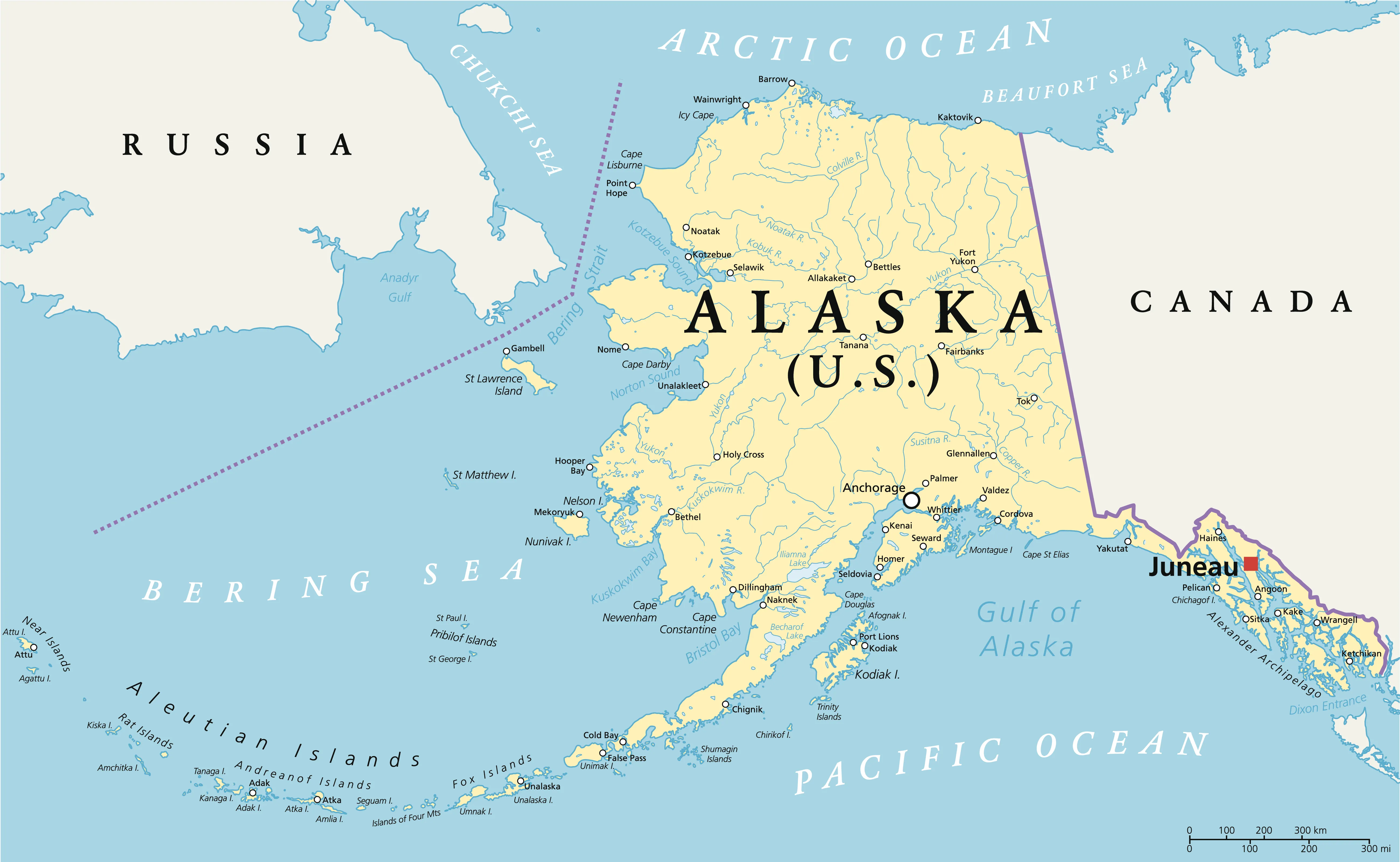
Daily Audio Newscast Afternoon Update - October 14, 2024
News from around the nation.
The U.S. to send anti-missile system and troops to Israel despite warnings from Iran; Native vote is encouraged on Indigenous Peoples' Day; School safety expert suggests 'report, not repost' in response to threats; and debunking the horror: to oceans, sharks are vital, not villains.
Transcript
The Public News Service Monday afternoon update.
I'm Mary Sherman.
Aid to several communities impacted by Hurricane Helene was temporarily paused in parts of North Carolina over the weekend due to reports of threats against FEMA responders.
Disaster survivor assistance teams have been working at fixed locations in secure areas instead of going door to door as a precaution, while the agency assesses potential threat information.
Local voters tend to be swing voters and may decide the outcome of this year's presidential election.
Their biggest concerns are the economy, threats to democracy and abortion, according to a new Rural Democracy Initiative poll.
Sarah Janes with the initiative says these voters want elected leaders to make lowering costs and increasing wages for working people a priority, not cutting taxes for the rich or deregulating corporations.
They're very focused on working people as kind of the heroes of the economy and concerns that impact working class people.
Rural people and small town folks are more likely to be working class.
About 70 percent of rural folks are working class.
Meanwhile, in the race for New Hampshire governor, the candidate's positions on reproductive rights could be a deciding factor.
We get the story from Catherine Carley.
Pollsters say it's a dead heat between Democrat and former Manchester Mayor Joyce Craig and Republican former U.S.
Senator Kelly Ayotte, and both claim to champion women's health.
Senator Kayla Montgomery with the Planned Parenthood New Hampshire Action Fund says Ayotte voted for a national abortion ban while in the Senate and supported the Supreme Court overturning Roe v. Wade.
We can't put our trust in someone who has been against abortion rights and against reproductive freedoms her entire career.
Ayotte says if elected, she would not change the state's current law, which allows for abortions up to 24 weeks of pregnancy or back new restrictions.
Craig says she would work to codify abortion rights into the state constitution.
New Hampshire is the only New England state without an explicit legal right to abortion care.
Today is Indigenous Peoples Day, and anti-hunger groups in New Mexico are collaborating more closely with tribal communities to better identify food insecurity and find culturally responsive solutions that respect their needs.
Candace Grigo with Roadrunner Foodbank says tribal community members must often travel 50 miles or more to get groceries.
A lot of these tribal communities are located in rural areas where they're in food deserts where there's not necessarily a lot of grocery stores.
That's experienced a lot on the Navajo Reservation.
Indigenous Peoples Day is celebrated in 23 states and roughly 200 cities.
NASA has launched a new mission to Europa.
An icy moon of Jupiter is thought to harbor a vast ocean.
The moon is considered one of the most promising places in the solar system to search for extraterrestrial life.
The Europa Clipper spacecraft lifted off at 12.06 p.m.
Eastern Time and will now travel 1.8 billion miles over more than five years to reach Jupiter.
This is public news service.
A new study by the Missouri Budget Project calls out some opposing views to the ballot measure known as Proposition A and includes data to debunk them as myths.
Judith Ruiz Branch reports.
If it passes next month, Proposition A would raise Missouri's minimum wage from $12.30 an hour to $15 by 2026.
Opponents say the increase would mostly affect young adults and teenagers, but Lindsay Baker with the Missouri Budget Project disagrees.
She says debunking the myth of who the minimum wage increase affects is one of her organization's top priorities.
One thing that people are often unaware of is just how many kids and families would benefit from this.
Often people have a stereotypical image of who minimum wage workers are, and really they are all kinds of people.
The report says one in four Missouri kids lives in a household that would see their income rise with an increase in the minimum wage.
Since 1964, per capita meat consumption has doubled and environmental advocates say that's unsustainable.
And there are more billionaires raising questions about their role in reshaping food production.
According to reporting from Seth Milstein at Sentient, the livestock industry is responsible for up to 20 percent of all greenhouse gas emissions, with 80 percent of all agricultural land going to meat production.
And while the world's population is predicted to swell to 9.7 billion by 2050, it means people potentially eating more meat.
That's alarming to folks like Sheila Voss with the Good Food Institute.
I was at a workshop surrounded by pork producers, chicken farmers, and dairy farmers, and eight out of ten of them agreed that they will not be able to meet growing meat production on their own.
Groups like hers that want reform say the world's richest people are in a position to help fund alternatives.
As Halloween approaches a spooky campaign aims to clear up the common misunderstandings about some of nature's most feared creatures.
In collaboration with other organizations, Defenders of Wildlife is launching its Real Scary Movies campaign to highlight how animals often vilified in horror stories like sharks, bats, and wolves are vital to the health of their ecosystems.
Jane Davenport with Defenders of Wildlife hopes to dispel these myths, many of which she says have been fueled by Hollywood blockbusters like the 1975 movie Jaws.
Obviously a shark attack on a human is a terrifying and unfortunately sometimes tragic event.
There's only about 70 unprovoked shark attacks on people every year all around the world.
On the other hand, humans are killing northwards of 80 million sharks every year.
Davenport believes the sharks' frightening reputation has contributed to a lack of focus on their preservation, leading some species toward extinction.
The shark fishing industry defends its practices by claiming U.S. shark fisheries are among the most sustainable, with laws that prevent overfishing and enhance economic value.
I'm Tramell Gomes.
This is Mary Sherman for Public News Service, member and listener supported.
Find our trust indicators at publicnewsservice.org.

















